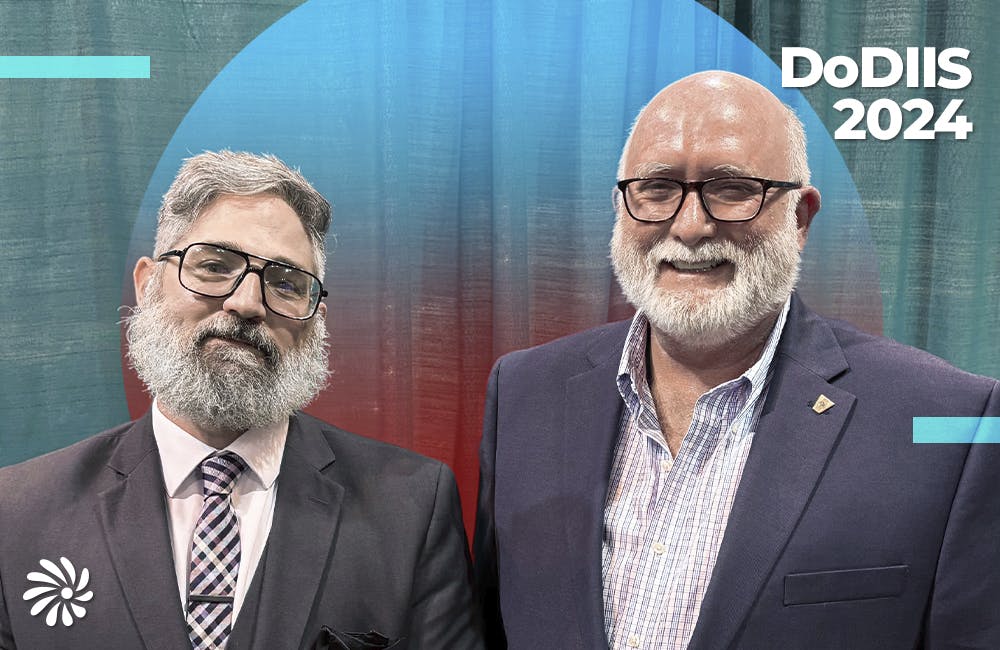Opinion: How the Election May Impact Federal Contracting Businesses
Government contractors should prepare for changes in the federal acquisition landscape following presidential election results.

Regardless of the outcome of the presidential election, the federal acquisition landscape is bound to change once the new president takes office. Contractors and their federal customers need to anticipate these changes and how they will impact the business of government.
Scenario One: Vice President Harris is Elected
Under a Kamala Harris administration, contractors and federal buyers would likely continue to see the federal procurement system used as a mechanism to drive social change.
While this didn’t start with President Joe Biden, his administration has used federal acquisition to promote environmental, organized labor and similar socioeconomic policies.Regulations are already in development for increased greenhouse gas reporting requirements, preferences for sustainable acquisition and protections for workers displaced in the event that their company loses a recompete of a federal contract.
A Harris administration would continue these efforts and most likely expand upon them. Contractors may want to watch for rules that prevent the government from buying from companies that have incurred labor, environmental, tax or other sanctions, regardless of whether those sanctions involved work on a government contract. Such provisions temporarily became rules at the end of the Clinton administration and the Department of Agriculture floated similar ideas early in the Biden administration.
Scenario Two: Former President Trump is Reelected
Federal agencies and contractors would possibly see shifts away from socioeconomic, labor and environmental rules under Donald Trump and use of the acquisition process to advance other policy goals like domestic manufacturing.
Under his first administration, contractors and agencies saw former President Trump call for increased domestic manufacturing and an enhanced overall supplier base. That could potentially mean further enhancements to the Buy American Act for federal procurement actions.
The first Trump administration also brought with it a potentially very welcomed goal for those in favor of streamlined acquisition. The “two out for every one in” regulatory approach was designed to reduce not only acquisition-related rules, but others that were judged to hamstring the U.S. economy. It is probable that a second Trump term would pick up where they left off.
Non-Partisan Issues
Regardless of the election outcome, contractors and federal buyers can expect to see additional rules and regulations aimed at strengthening the supply chain and cybersecurity.
There is broad support in Congress and the executive branch for ensuring the security of sensitive government information and contractor IT systems. There are currently 12 open Federal Acquisition Regulation (FAR) cases involving one aspect or another of these issues.
Similarly, measures to increase small business participation, including veteran-owned business opportunities, could also expand. Whether they are effective, however, will depend largely on whether the steady parade of new rules and regulations that have made increased specialization nearly mandatory for federal success can be mitigated.
The bottom line is that the federal market will look different based on who wins this week’s election. No one who has invested in federal business can afford to take their eyes off the ball lest they wake up one day and find that new rules have put them out of business.
Larry Allen is president of Allen Federal Business Partners. He has over 30 years of experience in the public sector industry and provides insights on the federal market. He previously led the Coalition for Government Procurement and has created the Delivery/Indefinite Quantity graduate course for George Washington University.
This is a carousel with manually rotating slides. Use Next and Previous buttons to navigate or jump to a slide with the slide dots
-

CISA Cyber Campaign Emphasizes Resiliency Around Threats
CISA’s David Mussington highlights an initiative urging organizations to take steps to ensure critical systems are more resilient to threats.
5m read -

Navy Deputy CIO: Zero Trust Boosts Navy Cyber Defenses
Barry Tanner shares how the department is tackling zero trust amid evolving threats around supply chain disruptions and quantum.
5m read -

Intel CIOs Tout Zero Trust Efforts for Cyber Defenses
Officials said that access control and information sharing are critical to cybersecurity operations in the Intelligence Community.
4m read -

DoDIIS 2024: Navy Strengthens AI-Powered Intelligence Infrastructure
Christopher Page unpacks the latest developments across the data sharing initiative and how the Navy is moving intelligence safely through networks to support the national security mission.
25m listen








